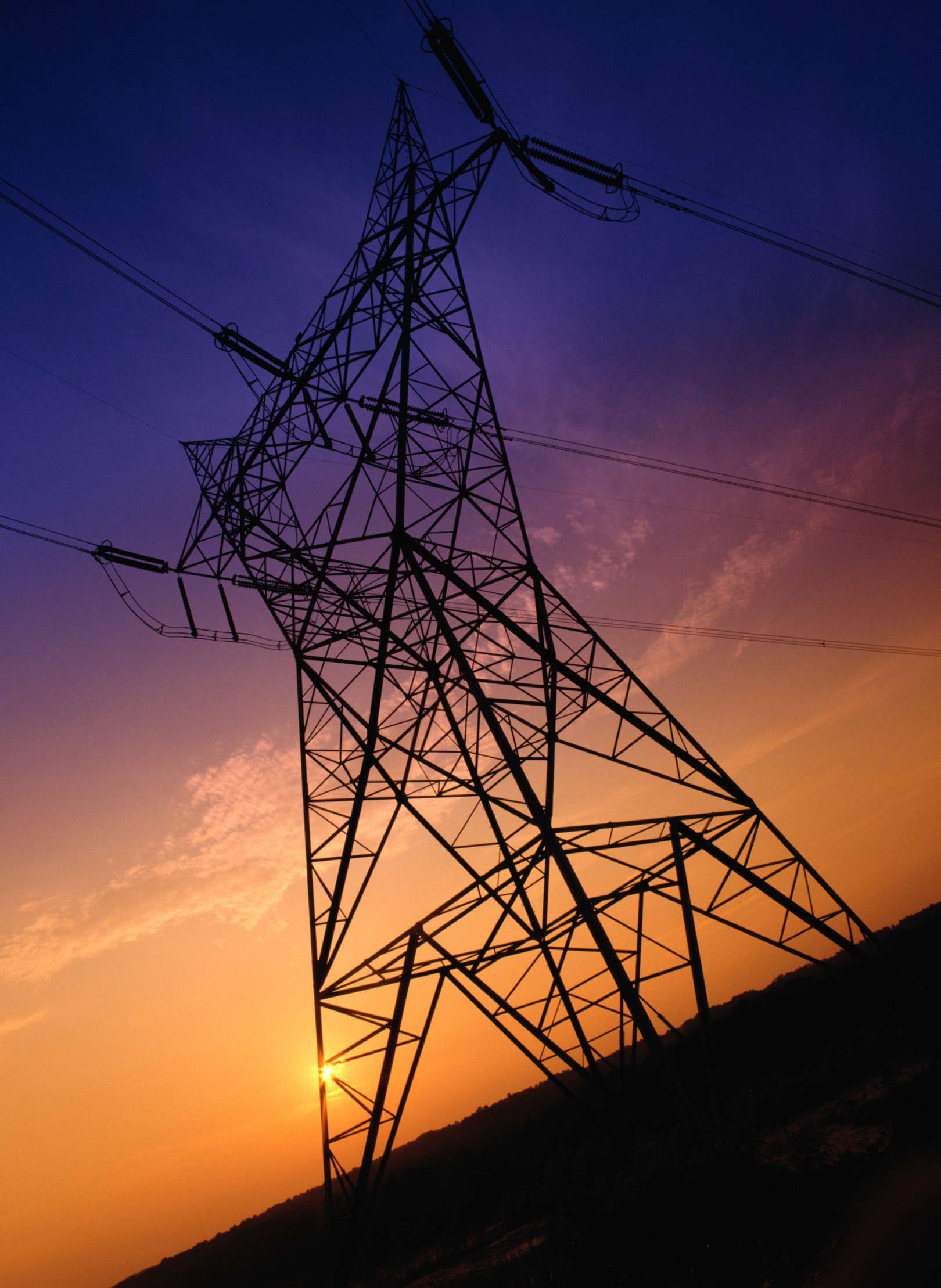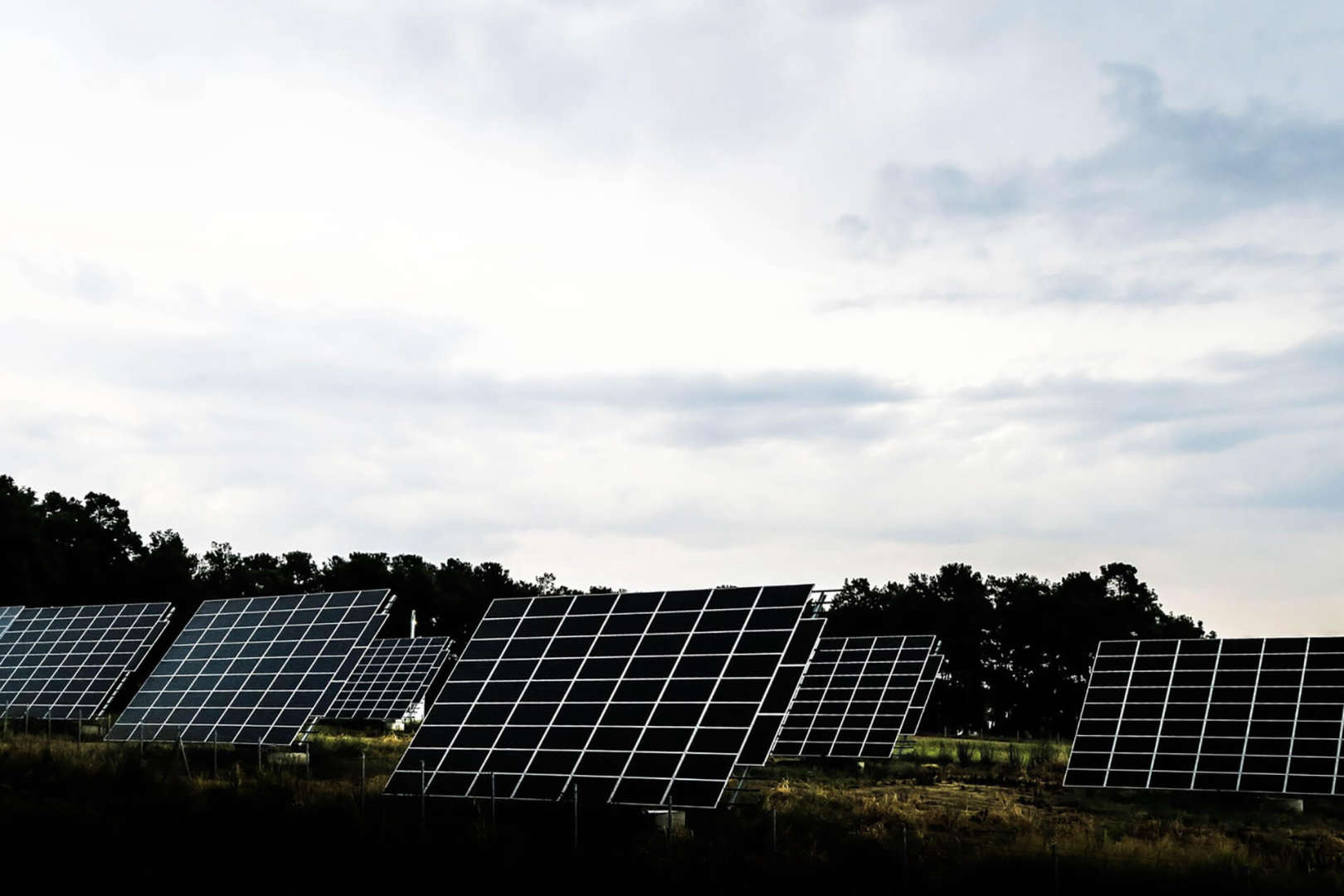Sobre
Obtive a Licenciatura em Matemática Aplicada – Ciências dos Computadores na Faculdade de Ciências da Universidade do Porto, Portugal, em 1991, e obtive o Mestrado e Doutoramento em Engenharia Eletrotécnica e de Computadores (área de Sistemas de Energia) na Faculdade de Engenharia da Universidade do Porto, Portugal, em 1995 e 2002, respectivamente.
Em 1991 ingressei no INESC TEC onde sou o Responsável da Àrea DMS/EMS e Operação de Redes, e Investigador Sénior do Centro de Sistemas de Energia (CPES). Desde 1995, sou docente na Faculdade de Economia da Universidade do Porto, sendo actualmente Professor Auxiliar.
Eu tenho colaborado em vários projectos relacionados com o desenvolvimento de sistemas DMS (incluindo projectos europeus: MORE MICROGRIDS, SuSTAINABLE, evolvDSO, Integrid),aplicando técnicas de computação aos sistemas de energia, nomeadamente ao problema de Estimação de Estado






